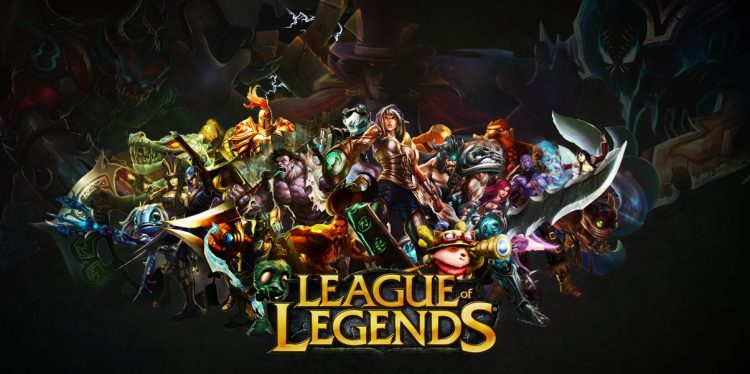Leading eSports operators have called for the “separation of church and state” when it comes to betting on eSports, insisting they are reluctant to welcome the rapidly growing video game wagering industry into the fold.
Speaking to Inside Asian Gaming at this week’s Gaming, Racing & Wagering conference in Sydney, a number of eSports experts and operators admitted that although they supported any activity that helped grow the popularity of professional video gaming, they were also determined to keep the two activities apart.
“The line should be, ‘You stay on your side, we’ll stay on ours’,” said New Jersey-based Hai Ng, co-founder of Neomancer LLC and Spawn Point.
“With the work that we do with regulators and the organizations that support regulators like [test labs] GLI and BMM, sometimes there is confusion around eSports because it is a computer program, so they think ‘Oh it’s no different from a slots program so we want to certify it.’ There is some talk around doing that.
“Our position as a company is that gaming regulators don’t certify the pressure of the ball at a football match or the type of grass on a field or the painting of the lines, so why should gaming regulators treat our sport any differently?
“Wagering is an overlay that happens independently of the sport and the sport doesn’t require the existence of wagering to exist.”
Darren Kwan, President of the Australian eSports Association and Executive Producer of the Australian eSports League, said that although he supports the existence of a betting industry around eSports, he specifically avoids entering into partnerships with any wagering companies.
“We don’t want to support anyone that is doing anything we feel adds no value to our audience,” he said. “As a result of that we don’t let wagering sites advertise directly to our audience. By the same principal if it’s something that is fun and legal … lots of our audience are actually into gambling. Based on the research it’s a very popular pastime with 18 to 35 year-old-males.
“In that sense there is a connection and if there is a positive connection we support it for the right reasons, but in general we believe in the separation of church and state.”



































